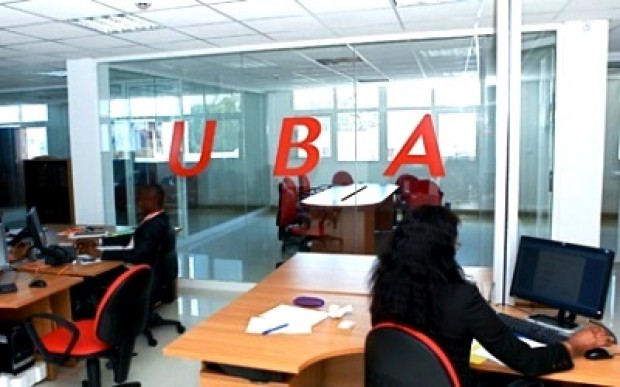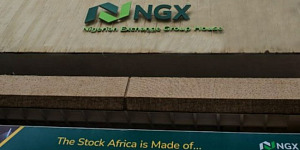The United Bank for Africa Plc (NGSE: UBA) on Tuesday notified the Nigerian Stock Exchange (NSE) and the investing public of its intention to launch a $500 million senior unsecured medium term debt notes.
The bank said it intends to list the notes on the Irish Stock Exchange, with the expectation that it would be traded on its regulated markets.
It revealed that the Central Bank of Nigeria and the Securities and Exchange Commission have since given “No Objection” approvals to the transaction.
“UBA intends to issue the notes directly, but will retain the flexibility to substitute the issuer with an offshore special purpose vehicle, where market conditions require and allow for such, prior maturity of the notes.
“The bank intends to utilise the net proceeds of the notes for its general banking purposes. UBA will pay the net proceeds from the notes issuance into its foreign currency domicilary account, which may be retained by UBA in foreign currency or converted into naira, depending on UBA’s requirement from time to time,” the bank explained.
Meanwhile, Fitch Ratings yesterday assigned an expected rating of ‘B (EXP)’ to the proposed senior unsecured medium-term notes.
Based on Fitch’s assessment on expected recoveries in a liquidation scenario, an expected Recovery Rating (RR) of ‘RR4 (EXP)’ was also assigned to the notes, implying average recovery prospects.
“The notes will constitute senior unsecured obligations of UBA and will be used for general corporate purposes. The assignment of the final rating is contingent on the receipt of final documents conforming to the information received to date. The expected rating is in line with UBA’s Long-Term Foreign-Currency Issuer Default Rating (IDR) of ‘B’.
“In Fitch’s view, the likelihood of default on these notes reflects the likelihood of default of the bank. According to Fitch’s criteria, a bank’s IDR usually expresses Fitch’s opinion on the risk of default on senior obligations to third-party, non-government creditors as in Fitch’s view these are typically the obligations whose non-performance would best reflect the uncured failure of the entity.
“Where a bank has a Long-Term IDR of ‘B+’ or below, Fitch usually assigns an RR to the entity’s issues. RRs provide greater transparency on the recoveries component of Fitch’s assessment of the credit risk of low-rated issuer’s securities. A change in UBA’s IDR would affect the rating of the notes and may also affect recovery prospects and the RR,” the global agency stated in a report yesterday.

























































